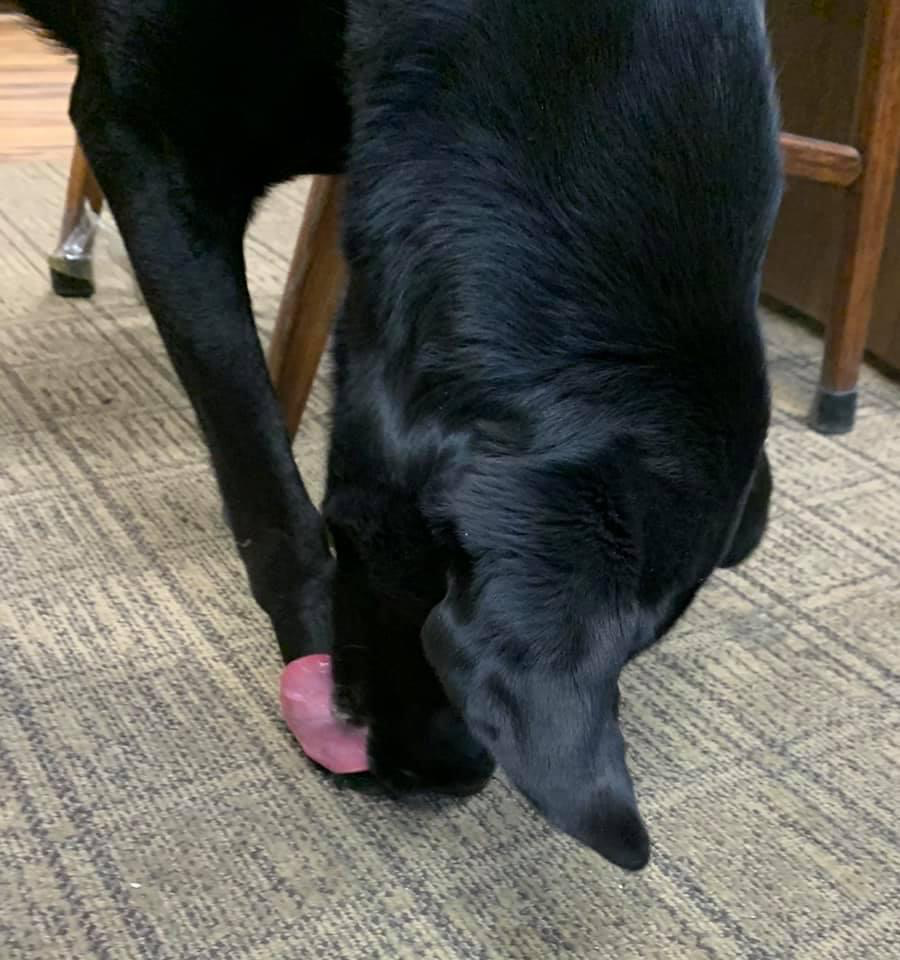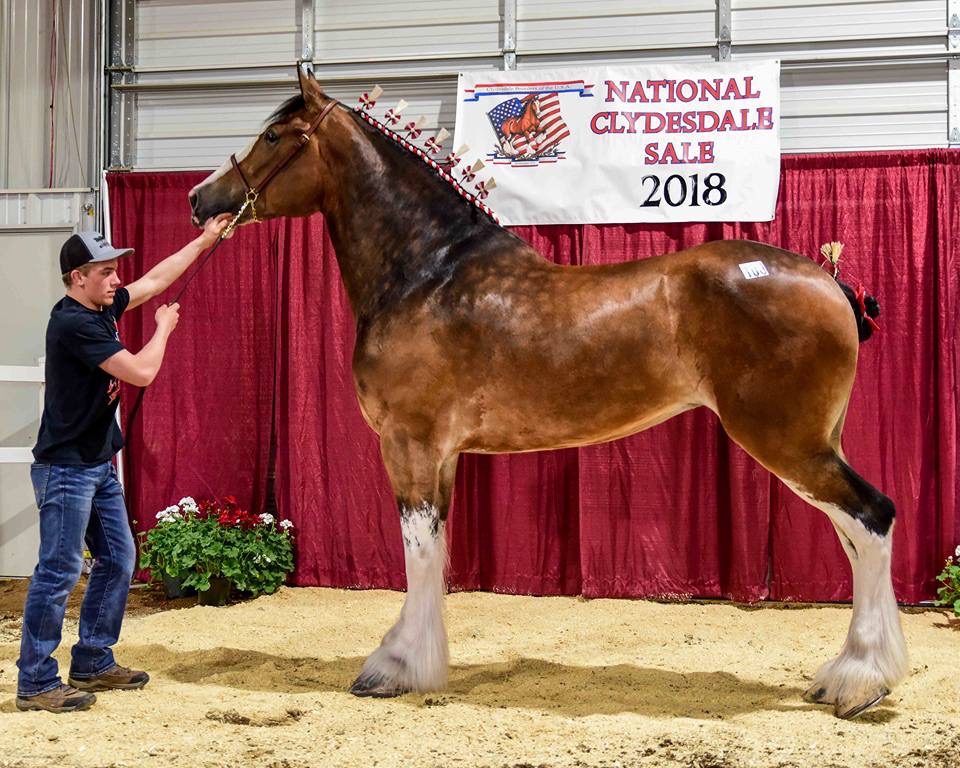Grain Allergies or Candida Yeast?
Thursday, February 29, 2024

Here is the scenario. A dog owner has a dog with allergy-type symptoms, recurring ear infections, licking between the toes, maybe a funky odor. The dog owner has switched dog foods to a grain-free food and has seen an improvement in symptoms, but the problem is not totally solved. The dog owner convinced their dog has a grain allergy relays their thoughts to the dog’s veterinarian. The veterinarian has the statistics on their side, knowing that over 90% of allergies are environmental and less than 10% being food related with grain being very low on the list! So how do we explain this disconnect?
There is no doubt a dog can have grain allergies and usually those allergies are going to be confined to one specific grain and not across the board. What we are seeing is probably a Candida yeast infection. Candida is a fungus that will infect the dog anywhere moisture can build up such as between the toes and in the ears, causing an ear infection. Candida thrives on sugar and carbohydrates that are in grain making the problem worse. Do we need to avoid grain all together? Not necessarily. If a dog owner has switched to a grain-free kibble and has seen some improvement, then this is a good indicator that Candida is the problem. Adding a probiotic/prebiotic combination like a Fido-Vite supplement to the dog’s diet can be the answer to the problem. The probiotic will use the same sugar to create lactic acid in the intestinal tract, keeping Candida in check. Lactobacillus (probiotic) does a very important at job, however it is easily crowed out by rapid changes in diet, water, medications, antibiotics and even stress. An antibiotic will kill the bad bugs however it will also kill the good bugs (probiotics) leading to the bad bugs taking over and going unchecked, resulting in more Candida yeast problems. Fido-Vite supplements put the good bugs back and can be the answer if Candida is the problem and positive results will usually be seen in 3-5 weeks.





